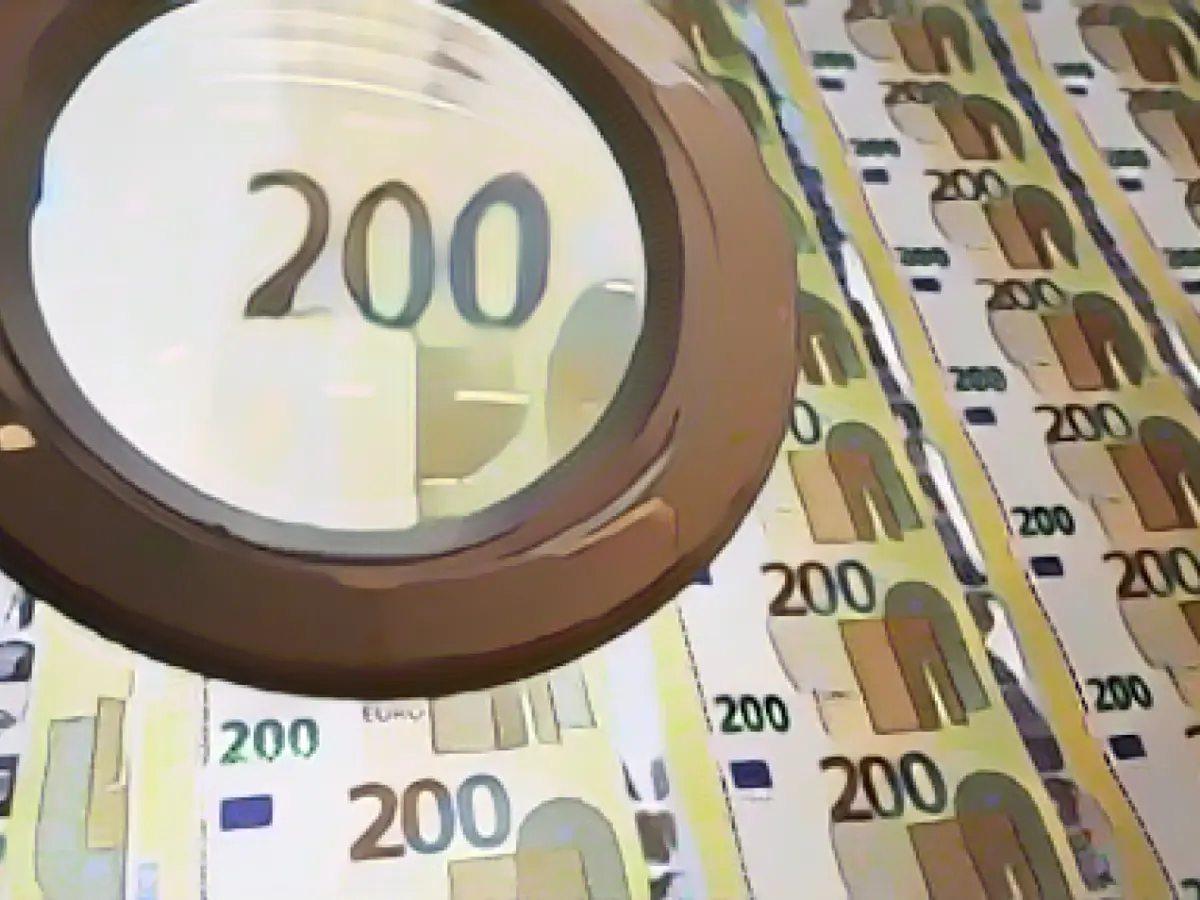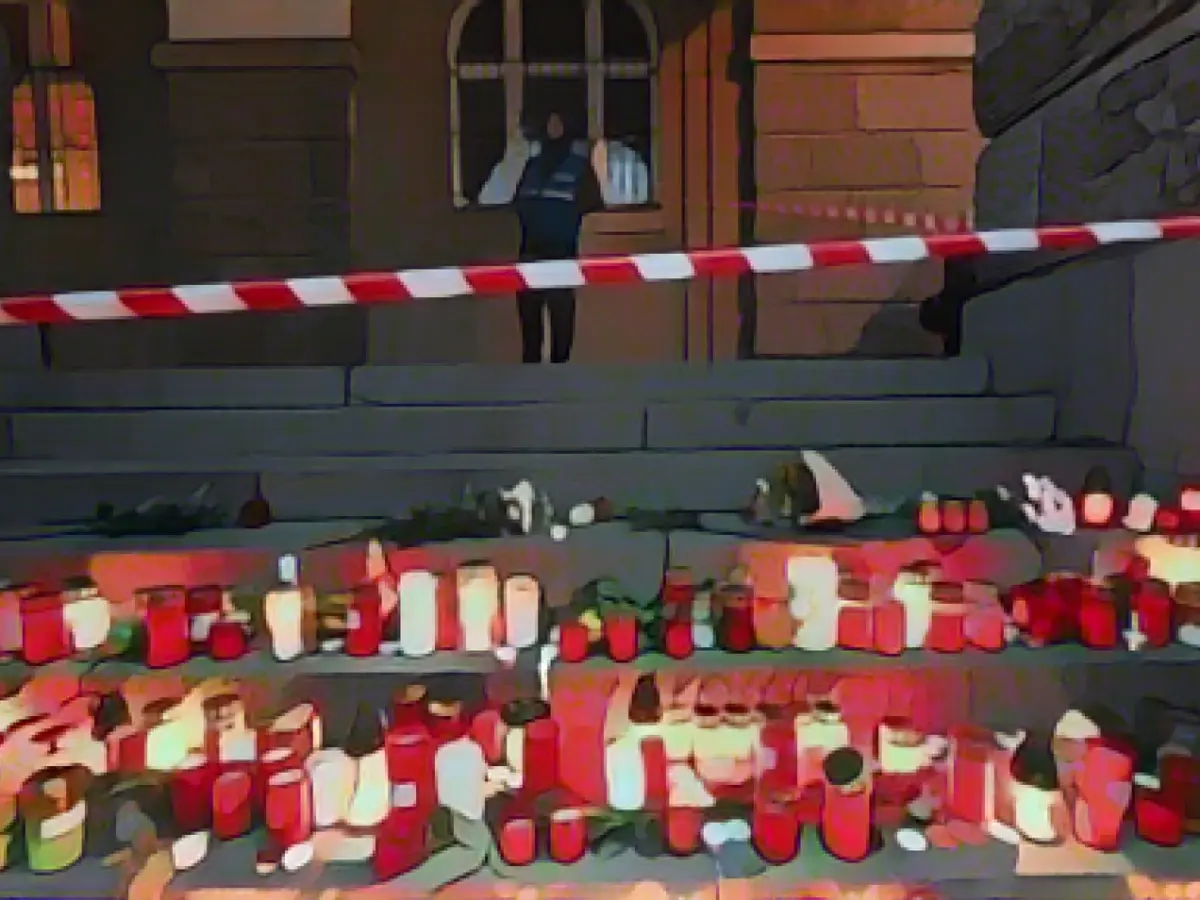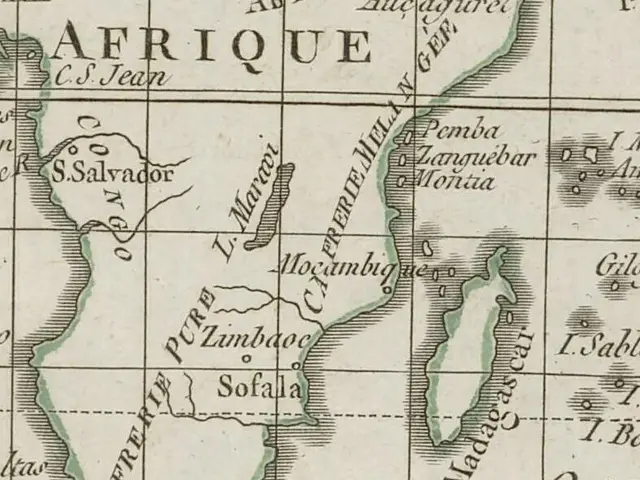With the Constitutional Court's ruling causing a shortfall of around 17 billion euros in the 2024 budget, the trio of Olaf Scholz (SPD), Christian Lindner (FDP), and Robert Habeck (Greens) have been locked in discussions to bridge this fiscal gap. However, FDP leader Christian Dürr has stated that this is a complex task requiring detailed scrutiny of numerous budget items.
The current situation has been tagged as Germany's largest domestic political crisis by SPD leader Lars Klingbeil. He pointed out the coalition's need to reassess the Climate and Transformation Fund (KTF), a spending plan that the Constitutional Court found objectionable due to the transfer of 60 billion euros from unused coronavirus loans. Amidst these challenges, the SPD continues to hope that the FDP will gather the courage to approve a renewed suspension of the debt brake in the coming year.
FDP's parliamentary state secretary, Florian Toncar, acknowledged the need for significant changes to the KTF's business plan, which would warrant tough negotiations. Meanwhile, Greens' parliamentary state secretary, Franziska Brantner, strongly advocates for the preservation of investments in infrastructure and the transformation of the economy towards climate neutrality.
The looming obstacle has sparked a debate on potential courses of action, such as reconsidering the debt brake suspension, increasing borrowing, tax reforms, efficient allocation of funds, and reforming the KTF. Additionally, exploring public-private partnerships, reinstating sectoral targets, and enhancing the national ETS system are being floated as viable options by experts.
It is essential to strike a balance between addressing the budget shortfall and supporting Ukraine, as highlighted by Federal Chancellor Olaf Scholz. The consensus is that striking this delicate balance will be Germany's greatest challenge in the coming days.
Sources:








